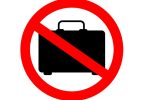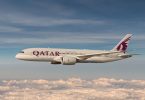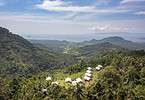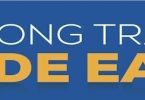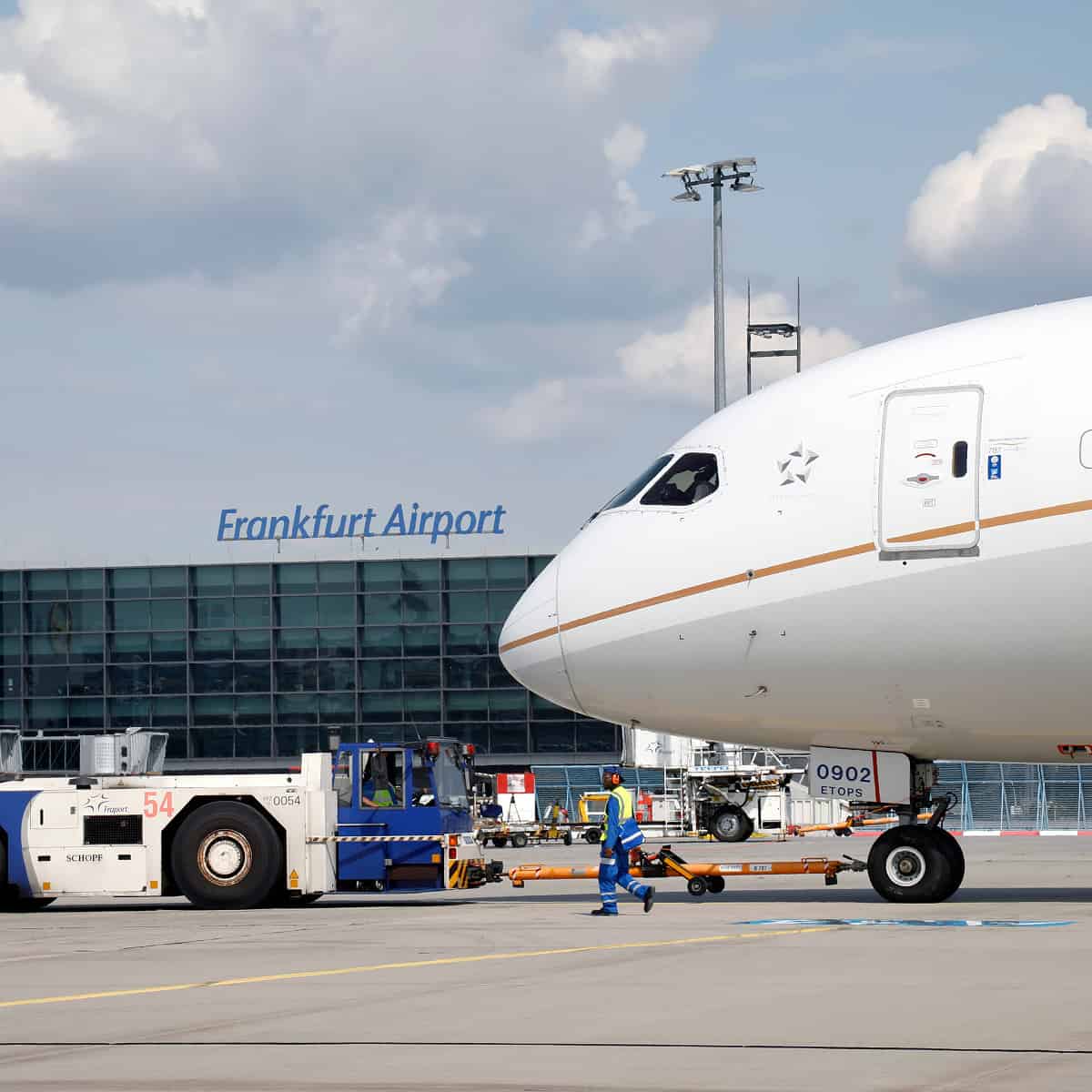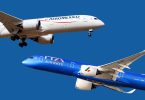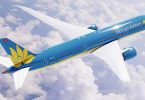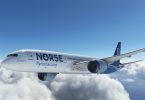NEW DELHI – Indian travel agents have begun reworking their revenue streams after a funds crunch forced three leading airlines to scrap their commission.
The aviation industry, struggling to cling on to competitive pricing despite increased overhead costs, is now faced with the prospect of a Rs.80-billion ($1.86-billion) loss because of the recent fuel price hike and inflation.
Jet Airways, Kingfisher Airlines and Air India have decided to scrap the five percent commissions for travel agents from Oct 1. The move, say people in the travel industry, will hit nearly 4,000 travel agents across the country whose annual turnover is nearly Rs.360 billion ($8.38 billion).
Consequently, this segment is reinventing itself to move away from over-dependence on airlines to new sources for revenue generation, especially in the domestic market. The new survival strategy, say travel vendors, is diversification.
The industry is looking to lucrative hotels deals as add-ons to air packages to keep afloat and retain its client base. Travel operators are trying to make up for the loss in commission revenues by making the customers pay for the special add-on services.
According to Vikas Jawa, director of travel search engine Zoomtra.com, the new trends are getting reflected faster in the online travel segment.
“All travel packages, especially in the online vending segment or even otherwise, are centred on the best prices for flight deals, which offer sops like 50 percent cash-back on online purchase of tickets and buy-once-and-book twice deals,” said Jawa, whose portal acts as an aggregator for travel deals.
“With the airlines cutting back on commissions for travel agents and the falling base fares (real fare minus taxes) of air tickets on which the agents take their commission, travel operators are facing the threat of low profit margins,” Jawa said.
According to a market estimate, till early this year, the base fare was 65 percent of the total fare, while taxes were 35 percent.
But currently, base fares have almost dropped to 40 percent of the total fare and taxes have become almost 60 percent. Agents usually fix their share of the commission on the base fares.
“Most online vendors such as travelguru.com, makemytrip.com, cleartrip.com and yatra.com are offering hotel deals along with the airline tickets and small sops like picks-up, free meal vouchers and lowest possible tariffs,” Jawa said.
Notably, while air fares have gone up, hotel rates have not followed the trend. “This is good as the land packages are still competitively priced,” said Neelu Singh, chief operating officer of Ezeego1.com, the online marketing wing of travel major Cox and Kings.
Travelguru.com, a leading online travel vendor, according to Jawa, has been aggressively marketing hotels along with its air deals for the past six months.
Jawa’s portal, which has a subscriber base of 200,000, provides a comparison of air tariffs of all the 13 major domestic airlines and lists over 4,500 hotels.
“Even six months ago, the focus was on ticket sales, but now it is on hotel deals. Travelguru has a partnership with VISA and customers using VISA credit cards to purchase holidays online are getting a discount of nearly 25 percent on hotels and just 10 percent on air deals,” Jawa told reporters.
As selling packaged holidays with hotel deals is more complex than selling air tickets on the Net, several online travel shops have set up offline centres to help customers interact with hotel representatives personally.
Indian tourists, mostly leisure travellers, are still not comfortable with the idea of purchasing hotel deals online, Jawa said.
The offline centres and special customer support services are helping the industry in two ways, he explained. While online kiosks are maintaining their profit margins through customer service costs, they are also strengthening their clientele simultaneously in the process, through direct marketing.
A study cites that the number of rooms booked in hotels daily through online sale is only one-tenth of flight bookings.
According to Ezeego1’s Singh, travel portals will have to redefine strategies.
“In the online space, it is not difficult. Ezeego1.com did not attempt to move on a single-track strategy of concentrating only on air bookings.
“When we launched a couple of years ago, we launched with a slew of products, starting from air tickets, holiday packages – both domestic and international – and rail bookings,” she told reporters.
Ezeego1 has also diversified into cruise bookings to tide over even business upheavals and changes in the market trend.
“Last month, we introduced bus bookings on our site. This provides the customers an option to choose his mode of travel. For instance, Mumbai to Goa is an overnight journey. Travelling on bus and then staying in a hotel for a couple of days is a viable option,” Singh said.
economictimes.indiatimes.com




